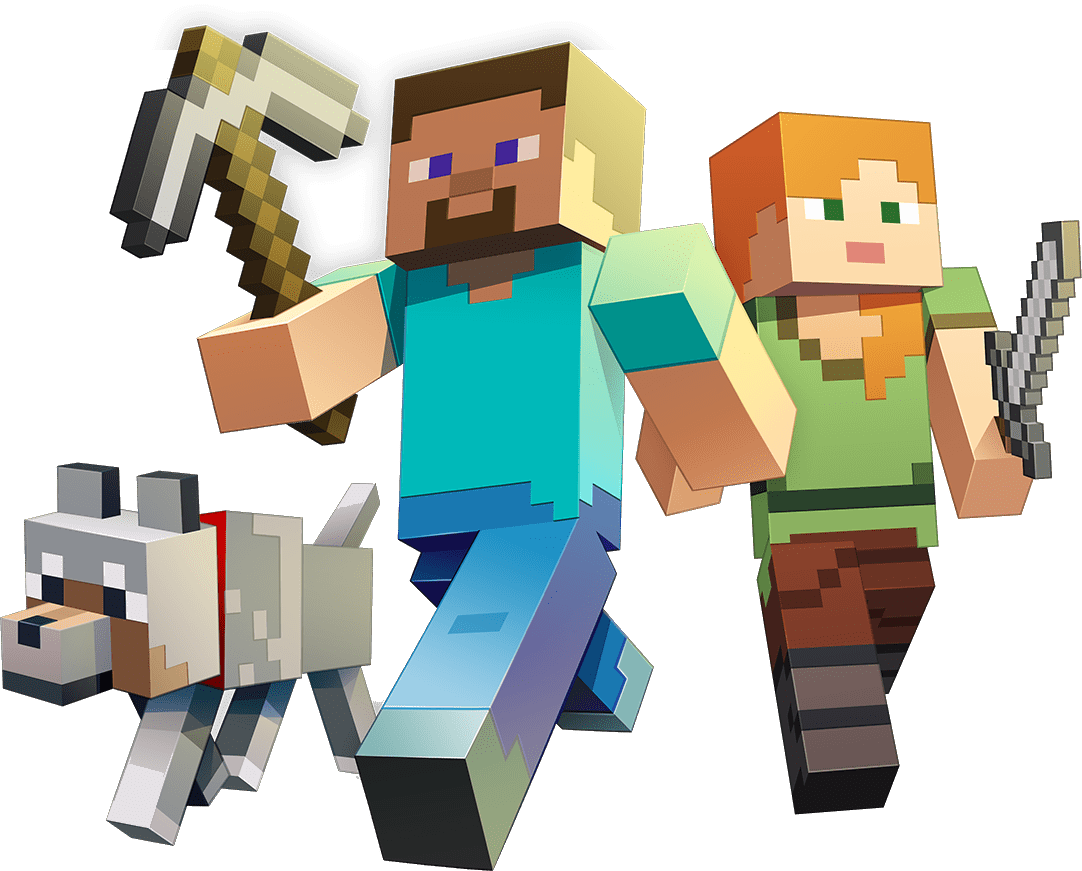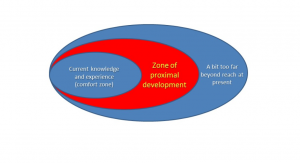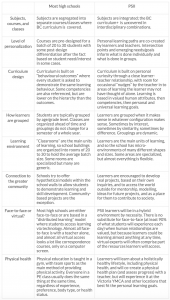Today in class we learned about immersive gaming for education through Minecraft EDU. Minecraft is a sandbox video game that focuses on creativity and communication. Microsoft bought Minecraft and created Minecraft EDU, a Minecraft platform that creates a server for a class, with settings that can be set by the teacher for the whole class. Minecraft has two main modes; creative mode and survival mode. Creative mode usually has few limitations, no risk of your character dying, and the main focus is building and creating things in your world. Survival mode has more limitations, and your character needs to eat, can be killed (either by other players, zombies, creepers, monsters, or things like starvation or suffocation), can drown etc., and the main focus is building and collecting things that will increase your chances of survival. There is also a tutorial mode, which is very structured and limited, but teaches you the essential basics, as well as lesson mode, which has worlds with a that teach students lessons, such as the digestive system, the roman empire, rainforest climate etc.

Today an elementary school teacher, Heidi James, and four students, all in grade 7 or 8, from Spectrum Community School and Colquitz Middle School came to educate us about how Minecraft can be used in the classroom. Heidi lead us through joining a multiplayer Minecraft EDU server, where we were able to play Minecraft with everyone in our class! Heidi showed us how, as the teacher, she has a multitude of settings she can apply to the server her students are in… everything from including animals or not, to the students being able to kill each other (usually frowned upon by the school district), to allowing students to use the text-chat feature of the game.

The students that were there shared with us their opinions on how Minecraft has influenced their school careers. One of the students shared that building houses and worlds in Minecraft has directed him towards an architecture career, another student shared that Minecraft has directed her towards an art based career, as she loves to create 2D pixel art in Minecraft. Heidi also described how students build community and communication skills when they build together in Minecraft. Overall, this class definitely provided me with much more of an insight into the benefits of using Minecraft in the classroom.

